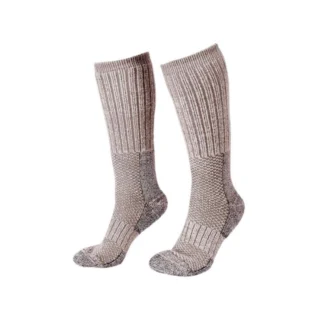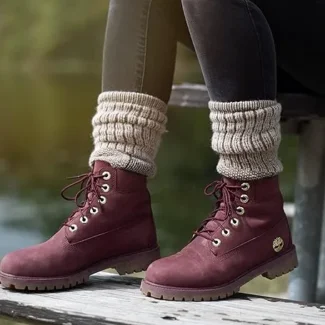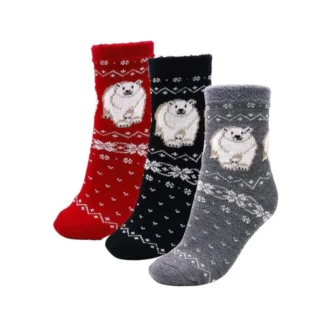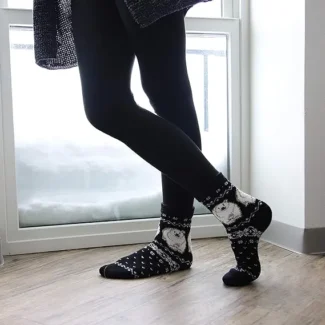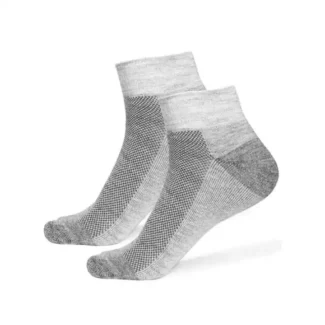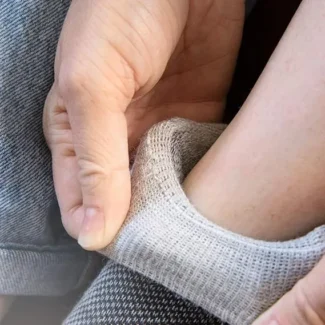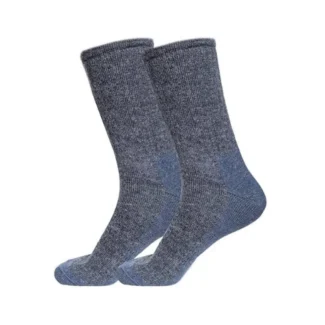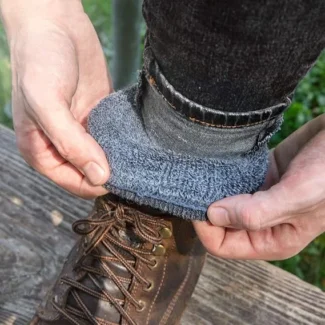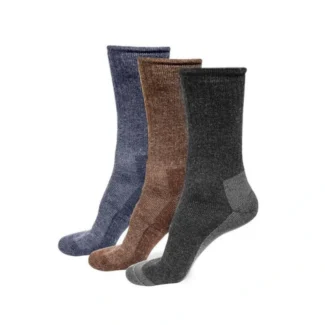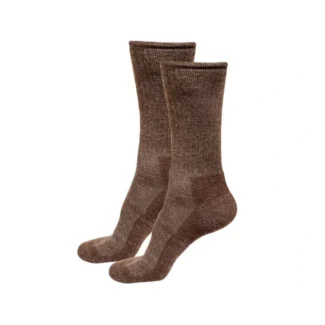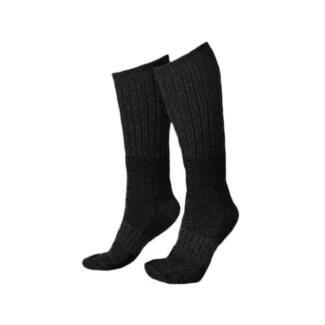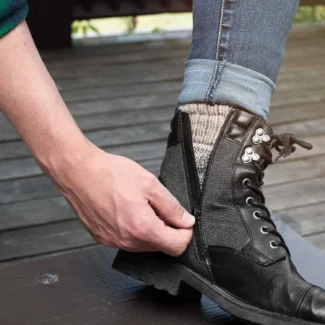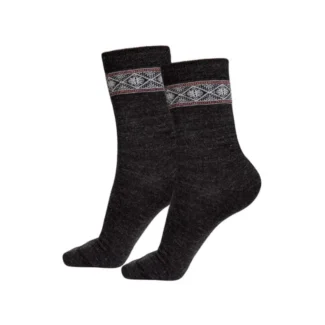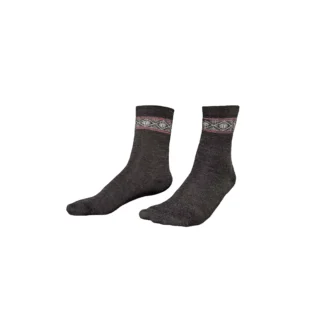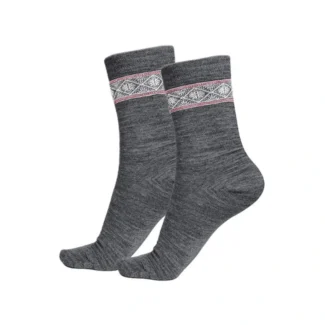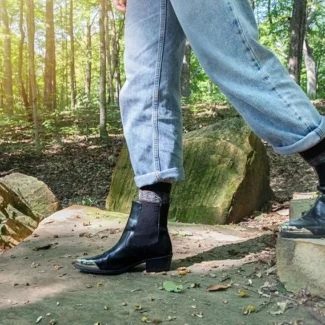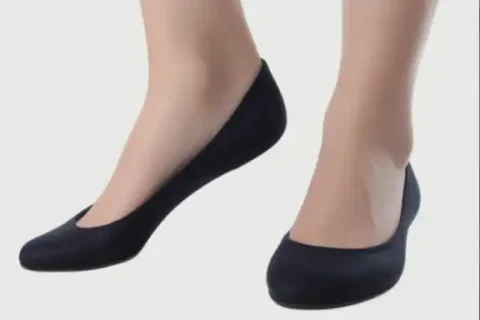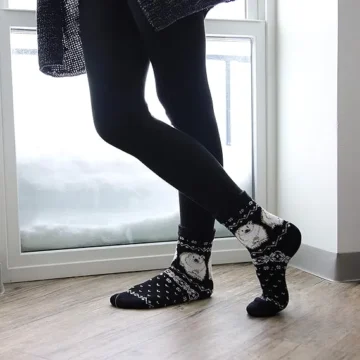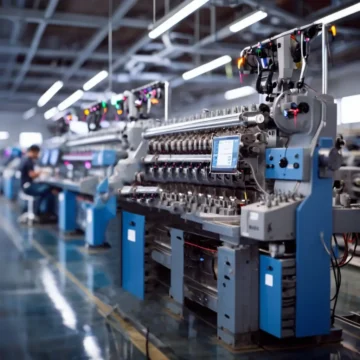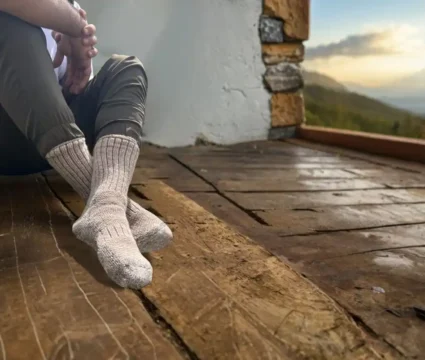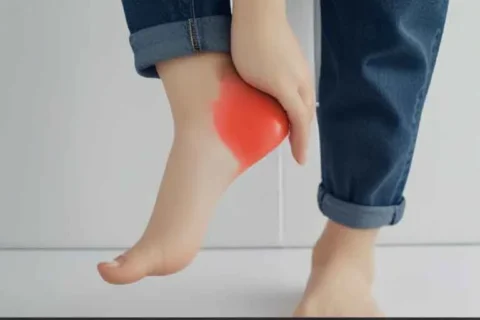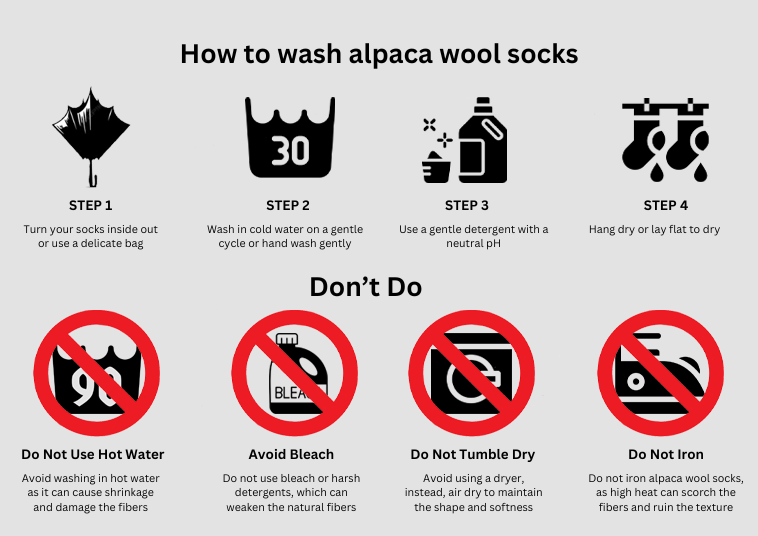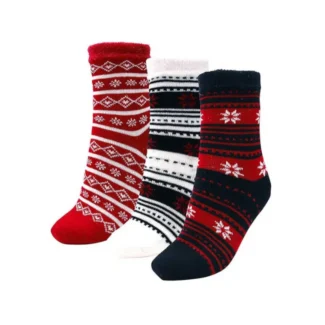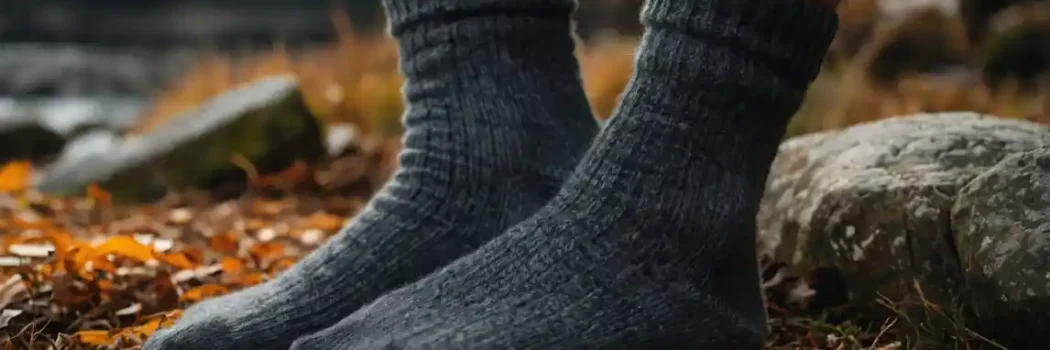
Bombas vs. Alpaca Socks: Which Feels Better & Lasts Longer?
Bombas socks have established a reputation as some of the best and most comfortable socks available. Their promise of support, softness, and durability makes it simple to understand why so many people adore them. Whether you’re wearing scrunch socks, hiking socks, or their popular men’s socks and women’s socks, Bombas has established itself as a top option for anyone seeking high-end daily wear. Their breathable merino wool socks provide a touch of luxury, while their moisture-wicking socks keep feet dry.
But when it comes to finding socks that last—socks that will keep your feet comfortable, dry, and supported no matter what life throws at you—there’s another option that’s often overlooked: Alpaca Socks. While Bombas socks are well-made, not all materials are created equal. Cotton, polyester, and even merino wool have their strengths, but they also have their downsides, which you only start noticing once you’ve worn them for long hours or in extreme conditions.
Material Matters
- Cotton socks: Soft? Yes. Breathable? Sometimes. But cotton absorbs moisture, meaning your feet start to sweat and your socks get wet. If you’ve ever taken off your shoes after a long walk and felt a clammy, uncomfortable feeling, you know exactly what we’re talking about.
- Polyester socks: More durable and water-resistant than cotton, but they trap heat, making your feet overheat in warm weather and freeze in cold weather.
- Merino wool socks: Praised for comfort and insulation, but they have a major drawback—they can get wet quickly. While they might feel soft and cozy at first, after repeated washing and wear, they start thinning out, losing plushness, and forming holes faster than you’d expect.
The Alpaca Wool Difference
That’s where alpaca socks come in. If you’ve never worn luxury alpaca socks before, the difference is noticeable from the moment you put them on:
- Softer than cotton and merino wool: Alpaca fibers are naturally smoother, meaning they don’t have that slightly scratchy feeling that some wool socks can have.
- Superior moisture-wicking: Unlike cotton, polyester, or merino wool, alpaca wool doesn’t absorb and trap moisture. Instead, it wicks sweat away and dries almost instantly, making it the ultimate material for moisture-wicking socks.
- Blister prevention: Ever dealt with blisters from damp socks rubbing against your skin? Alpaca wool helps eliminate that problem completely by keeping your feet dry no matter what.
- All-season breathability: While many socks promise breathability, alpaca wool actually delivers—its hollow fibers allow airflow in hot weather and insulation in cold weather, making it the perfect choice for thermal socks or cold weather socks without overheating your feet in warmer temperatures.
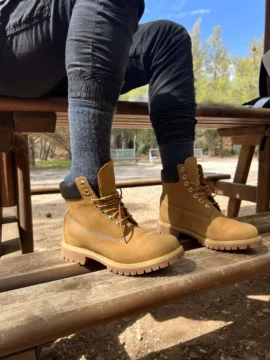
Built to Last
- Unlike stretchy cotton socks, pilling polyester socks, or quick-shrinking merino wool socks, alpaca wool fibers are incredibly strong.
- They retain their shape, resist fading and discoloration, and remain comfortable and supportive even after multiple washes.
- If you invest in a good pair of durable socks for outdoors, you won’t find yourself replacing them as often as you would with Bombas socks or other brands.
- If you’ve ever owned a pair of hiking socks that barely survived a season before developing holes in the heels, you’ll appreciate just how much longer alpaca socks last.
Odor-Resistant & Antimicrobial
Let’s be honest—no one wants stinky feet.
- Even with moisture-wicking socks, synthetic materials and cotton tend to hold onto bacteria, leading to unpleasant smells after a long day.
- Alpaca wool is naturally antimicrobial, meaning it prevents odor-causing bacteria from building up in the first place.
- That’s why so many hikers, runners, and outdoor workers swear by warm alpaca socks—you can wear them multiple days in a row without worrying about them smelling like they need to be burned.
A Sustainable Choice
If sustainability is important to you, eco-friendly socks made from alpaca wool are the way to go:
- Polyester socks contribute to microplastic pollution, while cotton requires massive amounts of water to produce.
- Alpacas are one of the most environmentally friendly fiber sources—they require minimal resources to raise.
- Their wool is fully biodegradable, making sustainable socks a smarter choice for both your feet and the planet.
The Final Verdict
So, does that mean Bombas socks aren’t worth it? Not at all.
- They’re well-designed, comfortable, and stylish, and they definitely have their place in the sock world.
- But if you’re looking for a sock that outperforms in durability, comfort, moisture control, and longevity, alpaca wool socks simply offer more.
- Whether you’re tackling a long workday, hiking through rough terrain, or just want socks that won’t wear out in a few months, warm alpaca socks are an investment your feet will thank you for.
Upgrade Your Comfort Today!
If you’re ready to upgrade your comfort, check out our shop and discover the difference with luxury alpaca socks. Once you try them, there’s no going back!

